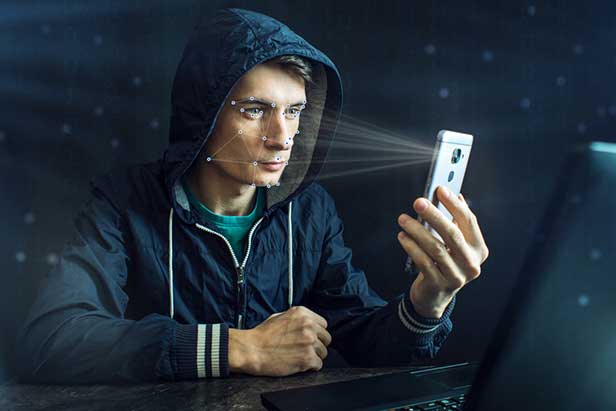June 19, 2019
Study: Business Travelers At Heightened Risk For Visual Hacking
A new global study performed for 3M, parent company of Top 40 supplier 3M/Promotional Markets (asi/91240), indicates that business travelers and the companies they work for are at serious risk of falling prey to visual hacking – and that they’re not doing enough to prevent being victimized.

Visual hacking happens when a person intentionally views and captures sensitive, confidential or private information they’re not supposed to have access to – often (but not limited to) on the computer, laptop or mobile phone of an unsuspecting victim – and then uses the information toward some illicit end. It’s a nefarious practice that’s becoming increasingly common because of the rise of high-tech visual hacking gadgets, tech security experts say.
When on screens in airport terminals, planes, hotel lobbies, trains, buses and other public spaces, business travelers are especially vulnerable to visual hacking, which can lead to data breaches and confidential company/client information being captured by criminals.
While 8-in-10 business travelers consider visual hacking a threat, less than half believe they are properly equipped to prevent a hacking, the 3M study showed. Relatedly, about a third of business travelers say their company has failed to educate them about how to protect sensitive information displayed on their screens.
91% of visual hacking attempts are successful. — (Poneman Institute)
According to the study, more than three-quarters of surveyed business travelers display company information on screens in trains or airplanes. Some two-thirds do the same while on the bus or subway. “What’s…alarming is that business travelers recognize the risk but aren’t leveraging effective safeguards against it,” said Jessica Walton, 3M’s global business manager.
Other key findings include:
- More than two-thirds of business travelers are more concerned about visual hacking this year than last year.
- Two-out-of-three business travelers have noticed someone looking at their screen.
- Business travelers say the top four riskiest places to view sensitive information on their screens include public transportation, cafés, airports and hotel lobbies.
- Over 1-in-3 business travelers have seen business information on exposed screens when traveling. An equal number of business travelers have seen personally identifiable information on exposed screens when in transit.
SMS Research conducted the study on behalf of 3M. Results came from the responses of more than 1,000 business travelers in Germany, India, Japan, the United Kingdom and the United States.
What can be done to prevent against visual hacking? Here a few tips:
- Use attachable screen privacy filters to shield confidential information displayed on laptops, iPads and mobile phones. You’ll see the information on your screen, but people on either side of you will only see a darkened screen.
- Whenever possible in public spaces, try to find areas away from other people to work on your screens.
- Work with your back literally against a wall that has no mirrors or windows. This will prevent people from viewing your screens from behind and from seeing them reflected.
- Always ask: “Can it wait?” Do you really need to be working at that exact moment to get things done on time? If not, then set the work aside and resume it when you are in private.
